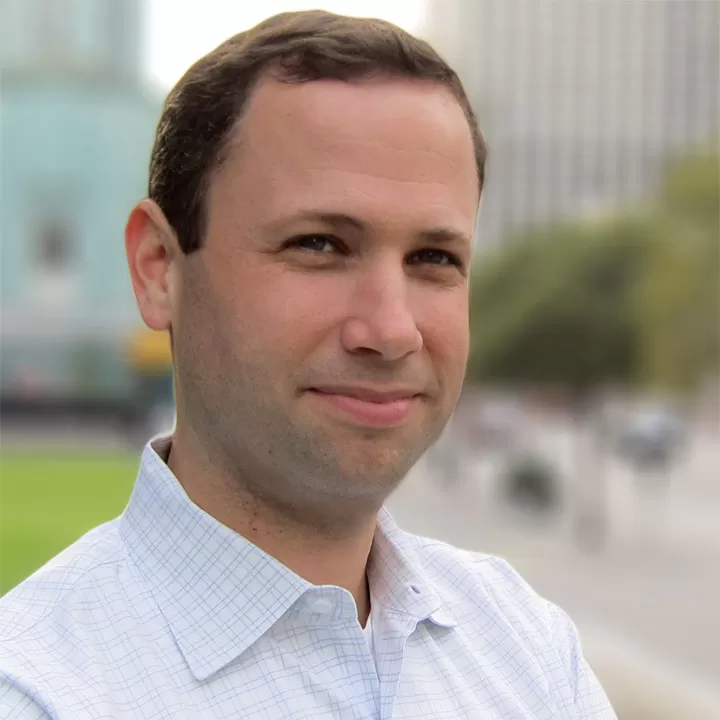Jonathan Nettler has lived and practiced in Boston, Washington D.C., San Francisco, New York, and Los Angeles on a range of project types for major public, institutional, and private developer clients including: large scale planning and urban design, waterfront and brownfield redevelopment, transit-oriented development, urban infill, campus planning, historic preservation, zoning, and design guidelines.
Jonathan is a member of the American Institute of Certified Planners (AICP) and serves on the Board of Directors for the Los Angeles section of the American Planning Association (APA) as the Vice Director for Professional Development. He is also active in local volunteer organizations. Jonathan's interests include public participation in the planning and design process, the intersection between transportation, public health and land use, and the ways in which new ideas and best practices get developed, discussed, and dispersed.
Jonathan previously served as Managing Editor of Planetizen and Project Manager/Project Planner for Ehrenkrantz Eckstut & Kuhn (EE&K) Architects. He received a Master of Arts degree in Architecture from the University of California, Los Angeles and a Bachelor of Arts degree in History from Boston University.
Innovative Model Expands the Sharing Economy to Underserved Areas
Expanding car and bike share services beyond America's big cities and affluent demographics requires adaptability and old economy technologies. Buffalo CarShare is providing a model for success that even the big boys could learn from.
How Facebook Simulates Suburbia: Lessons for Building Public Spaces in the Digital Age
As the virtual and physical worlds become more intertwined, the role of the traditional architect and the information architect become more closely aligned. Emily Badger explores the ways that each discipline can help the other design public spaces.
The Father-Son Team Who Elevated America's 'Public Palaces'
A new exhibit explores the role that tile masons Rafael Guastavino (father and son) played in embellishing many of America's greatest landmarks of the last century. Grand Central Terminal, Carnegie Hall, and the NY subway all exhibit their work.
Can a Fake Plan Lead to Real Results in Raleigh?
Matt Tomasulo's proposal for an urban beach on the site of a vacant lot in Raleigh has gained a following, and sparked a conversation over the future of the site, demonstrating the power of an attractive idea, a compelling rendering and the Internet.
'Quantitative Urbanism' Reduces Cities to a Formula
Jerry Adler examines the emerging field of “quantitative urbanism,” which aims to use mathematical formulas to unveil and explain the universal properties shared by cities.

























